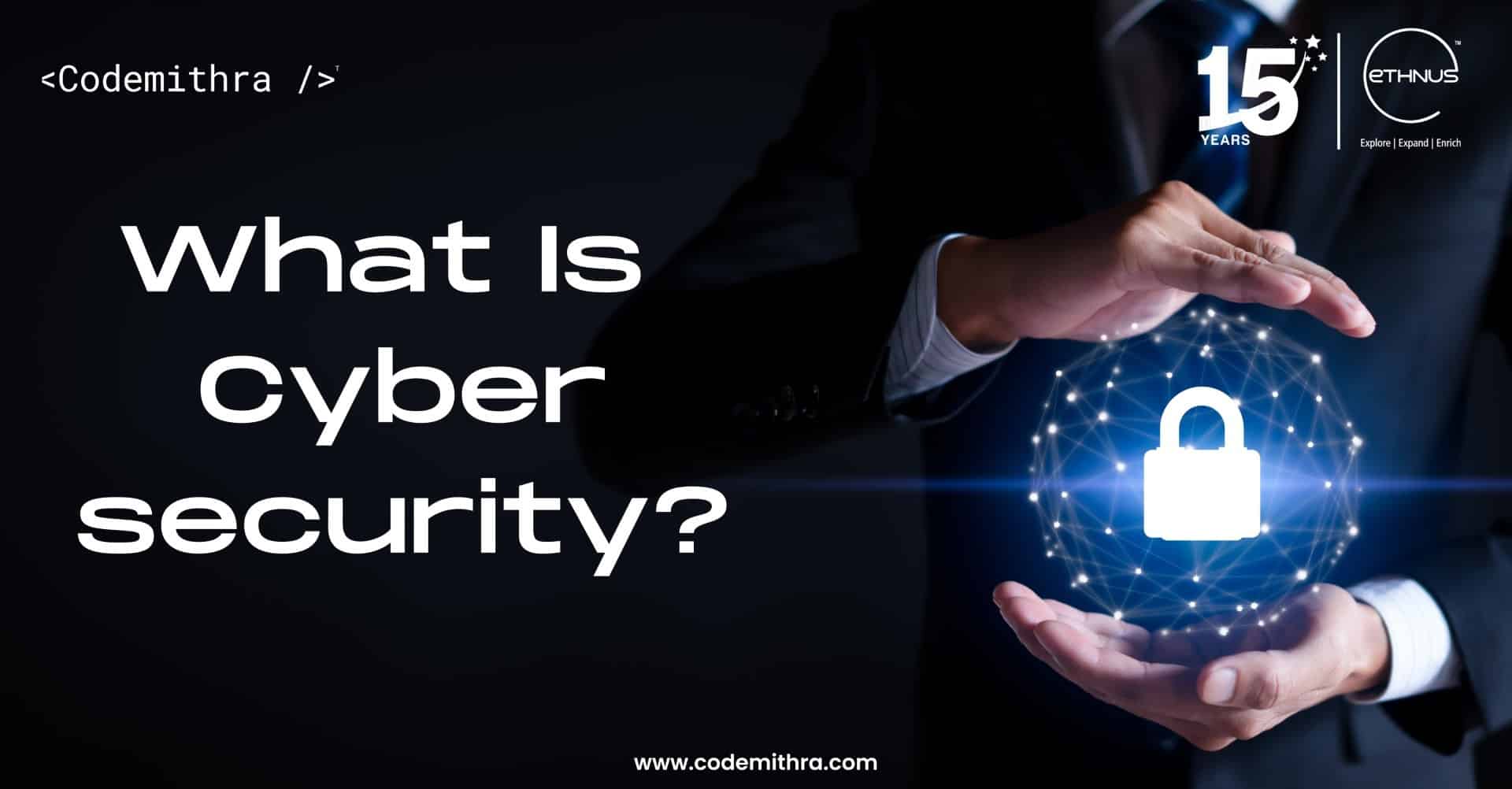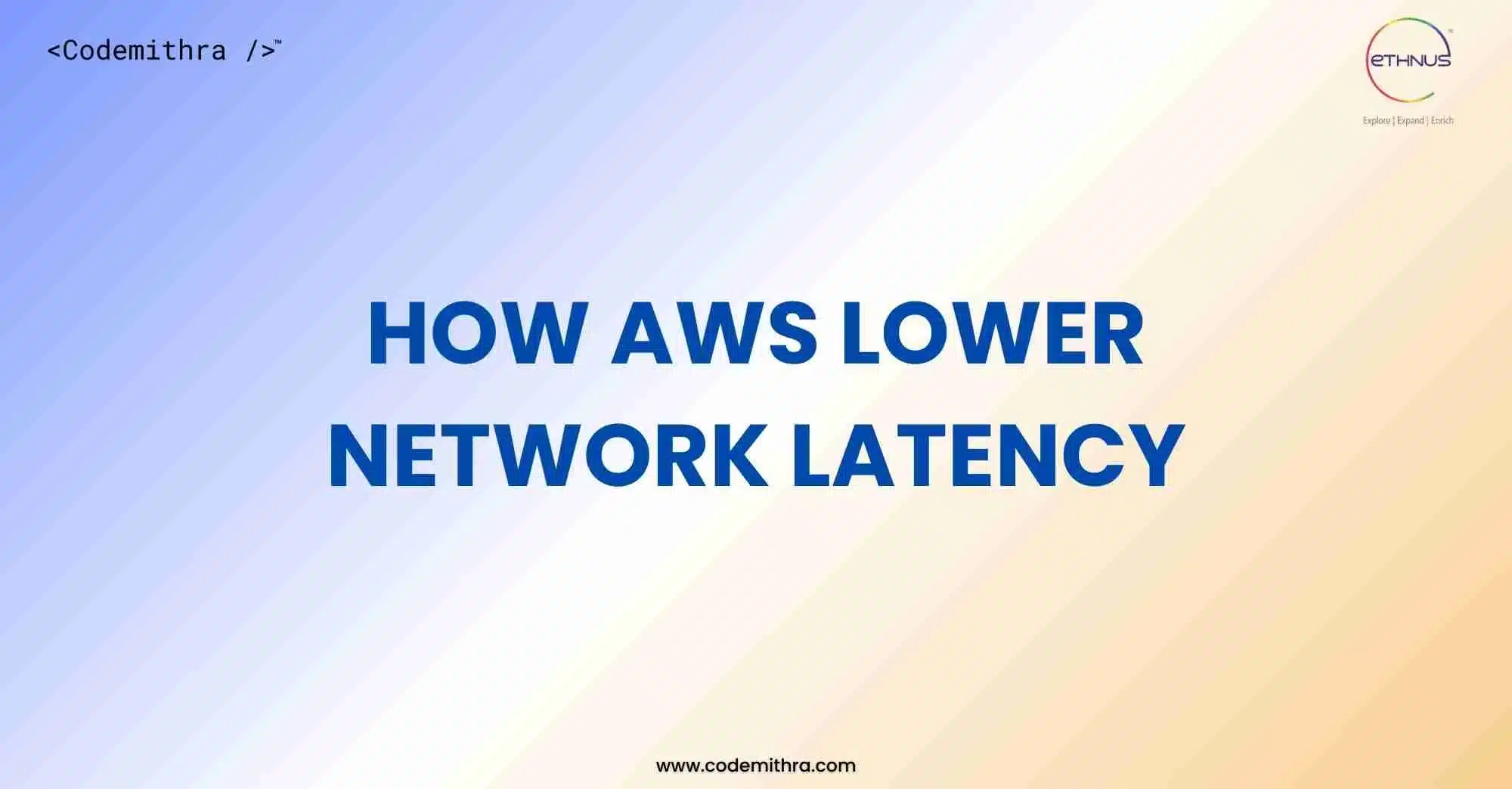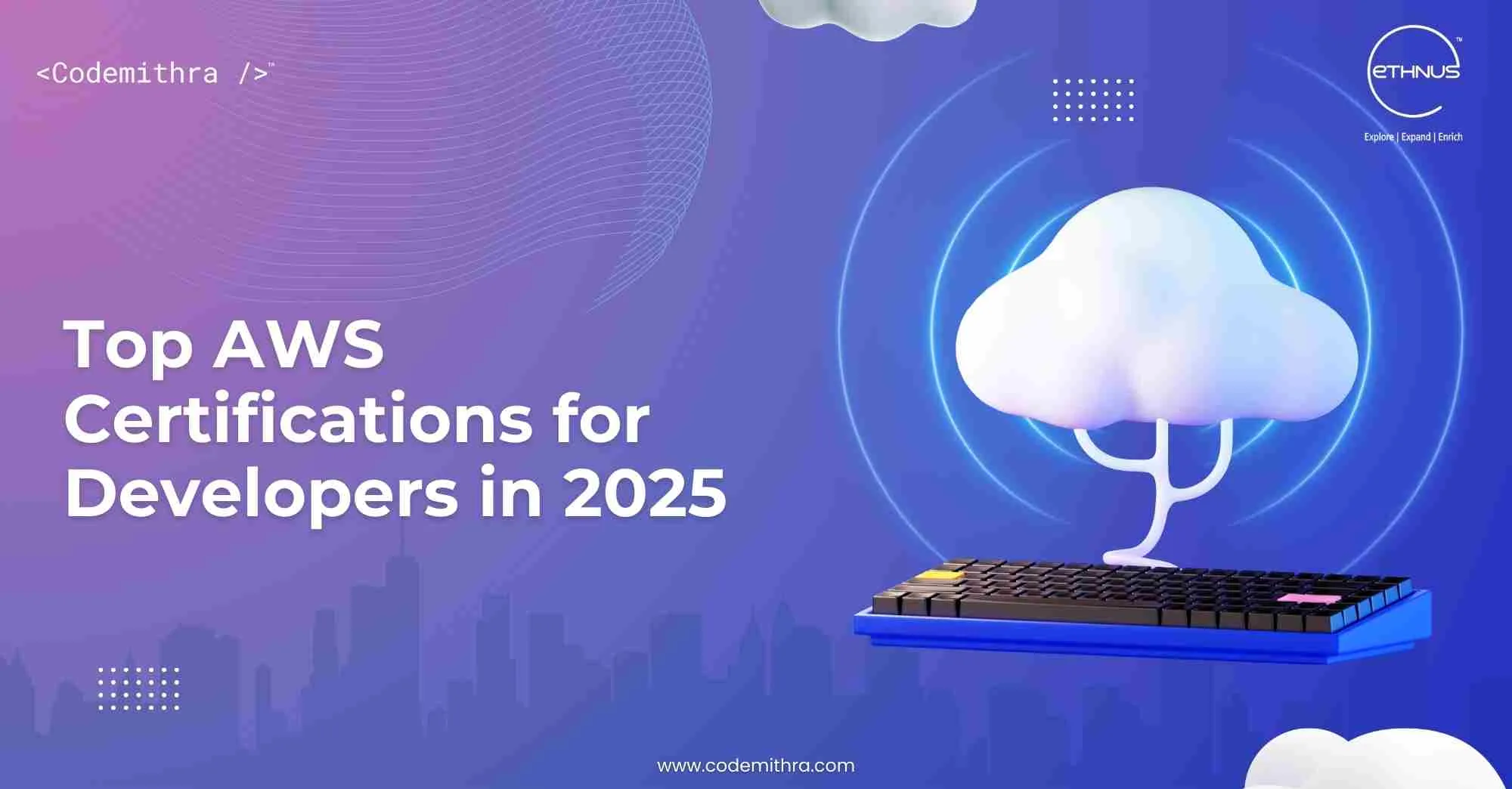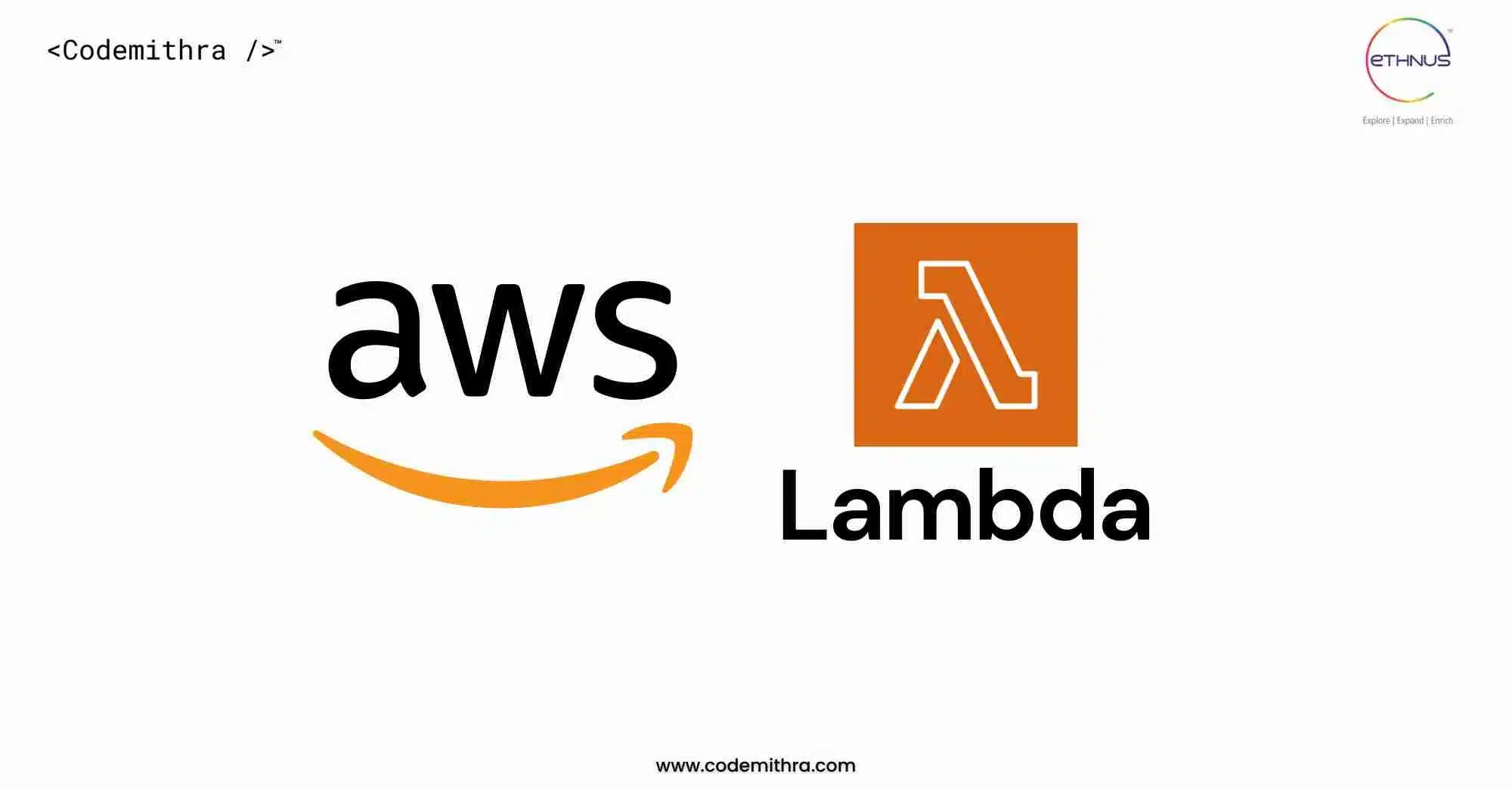Introduction
Cybersecurity employs technology, procedures, and controls to protect systems, networks, programs, devices, and data from attacks. Its objectives are to lower the dangers of cyberattacks and safeguard against unauthorized use of technology, networks, and systems. Multiple layers of security are dispersed across the networks, computers, programs, or information that one wants to keep secure in an effective cyber security strategy. For a business to successfully defend itself against cyberattacks, the processes, people, and technology must work harmoniously. By automating interconnections across a few Cisco Security products, a unified threat management system may speed up crucial cyber security operations tasks like investigation, detection, and remediation.
Why Is Cyber Security Essential?
Cybersecurity is a field that deals with ways to protect systems and services from malicious online factors, including hackers, spammers, and cybercriminals. While specific cybersecurity components are built to launch an attack right away, most experts are concerned with figuring out how to safeguard all resources, from computers and cell phones to databases and networks, against attacks. Now that we have understood what cyber security is, let us get into why cyber security is important.
Globally, a data breach will cost an average of USD 3.86 million in 2020, whereas it will cost an average of $8.64 million in the United States. These charges include the costs of finding and addressing the breach, lost revenue and downtime, and the protracted reputational harm to a company and its brand. Customers’ Personally Identifiable Information (PII), such as names, national identification numbers, addresses, and credit card numbers, is the target of cybercriminals, who then sell these records in unregulated online black markets. Customer distrust is frequently lost due to compromised PII, which can result in regulatory penalties and legal action.
Cybersecurity is crucial since it guards against the theft and destruction of many types of data. This covers delicate information, protected health information, personally identifiable information, data about intellectual property, personal data, and information systems used by the government and business. Your company cannot protect itself from data breach operations without a cybersecurity program, making it an unavoidable target for cybercriminals. Thus the importance of cybersecurity is rising with the increase in cybersecurity threats.
Types of Cyber Security Threats
Cybersecurity threats are actions by someone with malicious intent to steal data, harm computing systems, or disrupt them. The costliest and most rapidly expanding type of cybercrime is information theft, caused mainly by developing identity information vulnerabilities on the web through cloud services. Cyber threats can come from various sources, including adversarial nations and terrorist organizations, lone hackers, and legitimate users who use their rights for evil purposes. Let’s look at some of the common cyber security threats.
- Malware: Malicious software variations, such as viruses, worms, Trojan horses, and spyware that grant illegal access or harm a computer, are called “malware.”
- Ransomware: Ransomware is a virus that encrypts files, data, or systems and demands a ransom payment from the cybercriminals who attacked the system to unlock it. If the ransom is not paid, the data may be erased, destroyed, or made public.
- Phishing: User-sensitive information, or PII, is obtained through social engineering techniques like phishing.
- Insider threats: If they misuse their access privileges, former or current employees, contractors, business partners, or anybody else who has previously accessed systems or networks can be considered an insider threat. Traditional security measures that concentrate on external threats, such as intrusion detection systems and firewalls, may not be able to detect insider threats.
- Attacks by “Man-in-the-Middle”: An eavesdropping technique known as “man-in-the-middle” involves a cybercriminal intercepting and relaying information between two parties to extract passwords and other sensitive information.
Challenges Faced by Cyber Security Threats
Hackers, privacy concerns, data loss, risk management, and evolving cybersecurity tactics all present ongoing cybersecurity threats. In the foreseeable future, it is not anticipated that the number of cyberattacks will decline. The advent of the Internet of Things has also added attack access points, necessitating a more significant network and device security requirement.
The fact that security dangers are constantly changing is one of the most challenging aspects of cybersecurity. New attack vectors are created due to the emergence of new technologies and their use in novel or unconventional ways. It might be challenging to keep up with these constant changes and advancements in attacks and to update procedures to defend against them. Concerns include ensuring that all cybersecurity components are regularly updated to guard against vulnerabilities.
The Legal Requirements for Cyber Security
The numerous cybersecurity needs of each given firm are governed by various laws and regulations, both directly and indirectly. Businesses can prevent expensive lawsuits, a deterioration in the public’s faith and reputation, and unneeded downtime by understanding how these rules and regulations affect the need for security. Legal compliance, however, is rarely sufficient to make a company genuinely secure. To put themselves in a position to establish better protection, businesses will need to do considerably more. Because adherence to these laws is a crucial component of any cybersecurity strategy, these rules and regulations might be a helpful place to start when determining a company’s cybersecurity goals.
All businesses, big and small, public and private, must comply with privacy laws and cybersecurity regulations. As they are less likely to have the money and time to invest in cybersecurity, small businesses may be an easier target for cybercriminals. Sadly, small firms have a lower chance of withstanding a large hack and its legal and financial repercussions. Due to strict privacy regulations from numerous government agencies and industry groups, businesses in the healthcare industry and other sectors that collect sensitive data are obligated to make adequate cybersecurity investments. Public corporations are pressured to spend on cybersecurity to stop unauthorized security breaches resulting in illicit stock market activity.
Who Is a Cyber Security Expert?
Companies increasingly depend on cyber security experts to spot possible dangers and safeguard sensitive data as hacking, data breaches, and cybercrime reach new heights. The prediction that the global market for cyber security will increase from $152 billion to $248 billion from 2018 to 2023 makes sense. It is critical to comprehend who cyber security experts are and what role they play in cybersecurity.
A person with authority in the field of information cybersecurity threats is a “cyber security specialist” or “cyber security expert.” They are responsible for safeguarding the software development process. They do their best to protect networks from outside threats like crackers and hackers that desire access for nefarious motives. Protecting a company’s entire IT system is the responsibility of cybersecurity specialists. They build tactics and defensive systems to defend against attacks and threats and look for hardware, software, data, and network center weaknesses. Cybersecurity experts are in high demand with a projected steady increase in demand and competitive remuneration. As technology develops and new security issues emerge, this profession will continue to change.
The CIA Triad in Cyber Security
Confidentiality, integrity, and availability are the three guiding principles for any organization’s security. Since the introduction of the first mainframes, this is known as the CIA triad and has been the industry norm for computer security.
- Confidentiality: The efforts made by an organization to keep data private or hidden are referred to as “confidentiality.” To do this, access to data must be restricted to avoid the purposeful or unintentional sharing of data with unauthorized parties.
- Integrity: Integrity requires ensuring that your data is reliable and unaltered. Only if the data is dependable, accurate, and legitimate will the integrity of your information be preserved. You can employ encryption, hashing, digital signatures, or digital certificates to safeguard the integrity of your data. You can use reputable certificate authorities for websites so that users can be assured they are accessing the website they intended to see.
- Availability: Even if data is stored privately and its integrity is upheld, it is frequently accessible to those within the business and the clients they serve. This requires all networks, systems, and applications to operate adequately and appropriately.
Conclusion
The demand for cybersecurity experts is at an all-time high, and the field has emerged as a significant area of growth during the last decade. This has been primarily fueled by the rise in cybercrime, with reports indicating that the number of offences doubled in the previous year. Many people are considering pursuing careers in cybersecurity to address the problem. But, they are unsure where to begin. There are various courses available online that help you kick-start your career in cyber security. Click here to sign up for Ethnus Codemithra’s online cybersecurity courses.
FAQs
1) What are the five categories of cybersecurity?
Cybersecurity can be categorized into five types: critical network security, application security, cloud security, internet of things security, and infrastructure security.
2) Is a job in cybersecurity desirable?
Because there is a strong need for experts with these talents, cybersecurity is a fantastic career to pursue right now.
3) Does math play a large part in cyber security?
The field of cybersecurity is quickly growing, and math is a considerable part of the field.
4) What does an expert in cyber security do?
Cybersecurity professionals use their knowledge of technology and training to protect sensitive information held by a company from threats both inside and outside its walls, such as cybercrime and unauthorized usage.
5) What is cybersecurity?
Cybersecurity is the defence against cyber threats to systems connected to the internet, including their hardware, data, and software.





